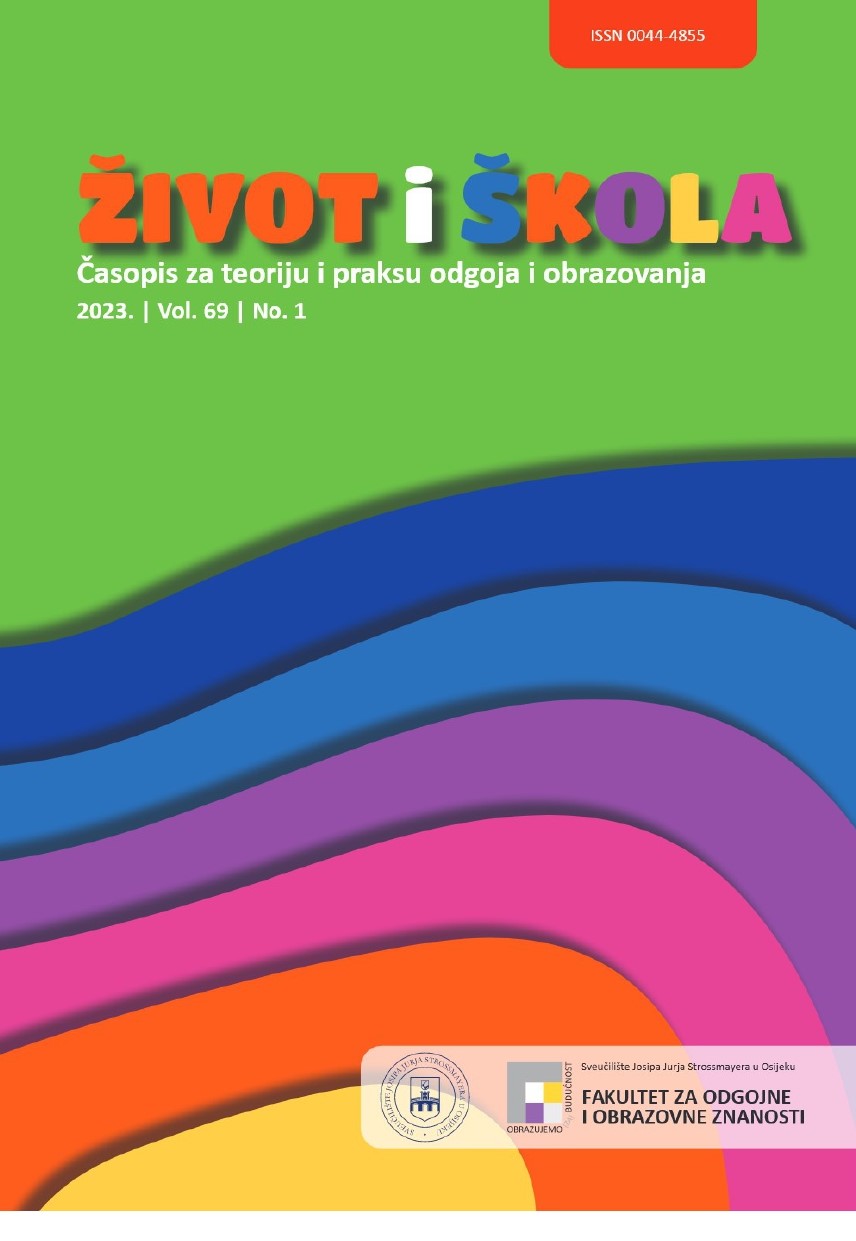THE POST-PANDEMIC UNIVERSITY CULTURE - STUDENTS’ PERCEPTION
DOI:
https://doi.org/10.32903/zs.69.1.5Keywords:
culture types; social cohesion; social control; relations; university coursesAbstract
Culture of an educational institution encompasses a set of norms, beliefs and behaviours evident in a powerful network of rituals and traditions, norms and values that affect every corner of the organization. In the university context, it is perceived as the way of living that is co-created by the community members - their opinions, ideas and habits. The period of the forced social isolation has made many students struggle with developing personal connections and brought them in danger of developing a sense of isolation and disconnection. When moving forward from the lessons learnt in the online university courses,building a sense of community has proven to be one of the greatest challenges.
Therefore, this qualitative study aimed to explore how students in their freshman year tend to perceive the university culture after joining the on site classes. For that purpose, Hargreaves’s model of institutional culture, which describes culture in terms of its expressive domain and instrumental domain, was adapted to the context of higher education and applied in focus groups discussions among students of Pedagogy and Psychology (University of Tuzla, Bosnia and Herzegovina). The results show that students recognize the need to increase social cohesion at the university courses while providing engaging and innovative teaching methods that would facilitate learning and create supporting personal relations between students (and the teaching staff).


